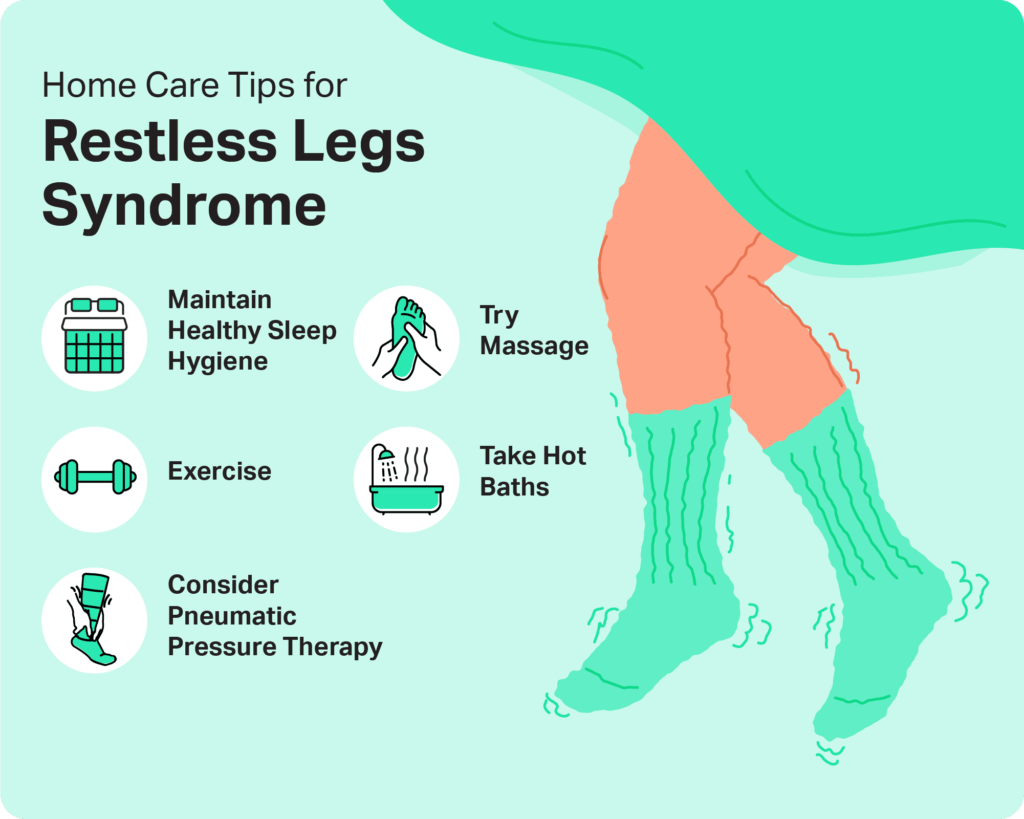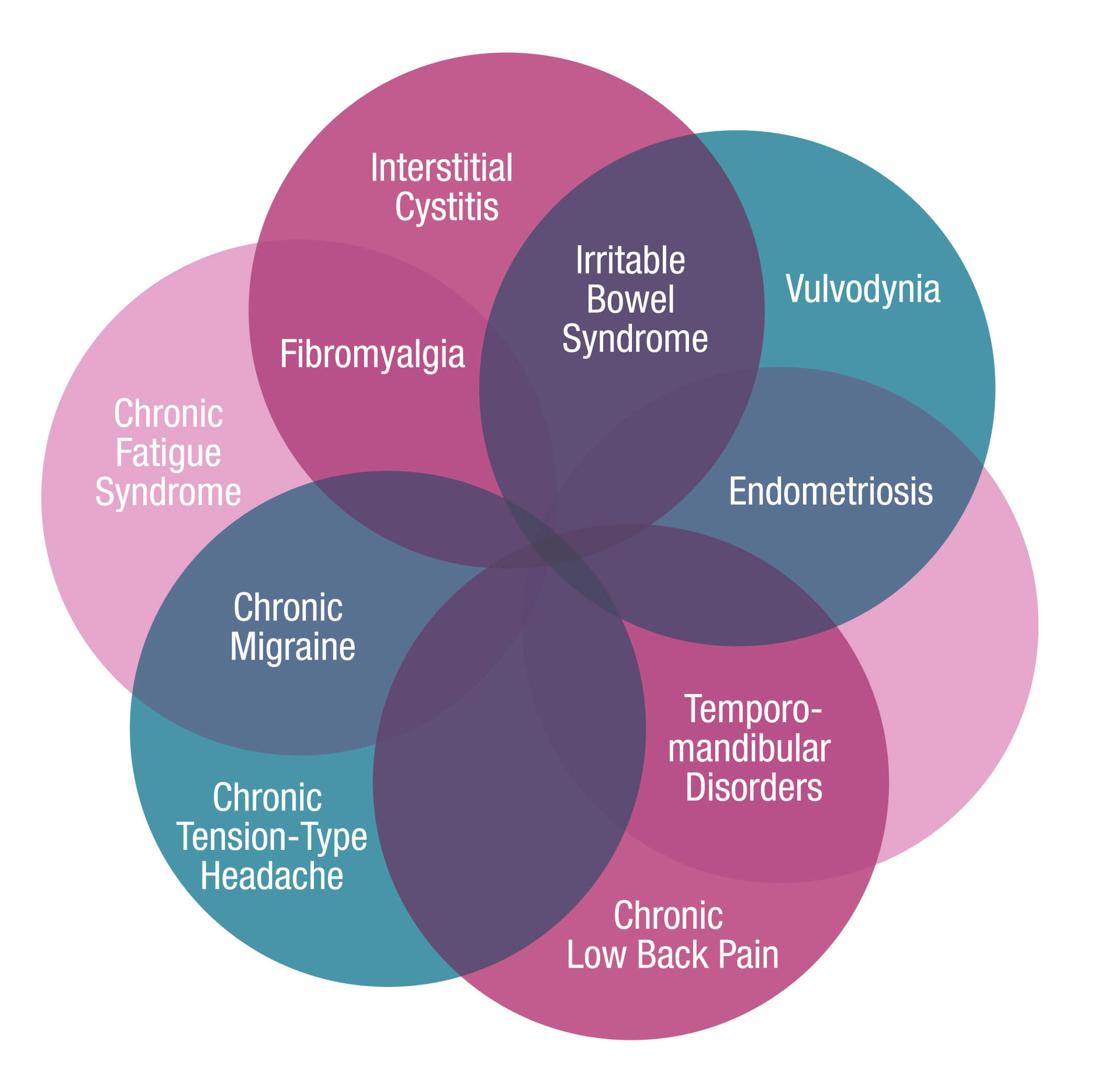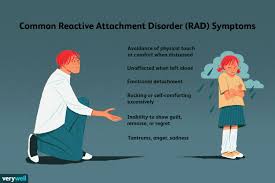Restless legs syndrome (RLS) is a neurological disorder that causes an irresistible urge to move one’s legs, often accompanied1 by uncomfortable sensations. These sensations typically worsen during periods of inactivity, such as lying down or sitting still.
Symptoms of Restless Legs Syndrome:
- Uncomfortable Sensations: The urge to move the legs, often described as creeping, crawling, itching, or tingling sensations.
- Difficulty Falling Asleep: The urge to move the legs can interfere with sleep onset.
- Awakening During Sleep: Periodic leg movements can disrupt sleep and lead to daytime fatigue.
- Daytime Sleepiness: Due to poor sleep quality, individuals with RLS may experience excessive daytime sleepiness.
Causes of Restless Legs Syndrome
The exact cause of RLS is unknown, but several factors may contribute to its development, including:
- Genetics: A family history of RLS can increase the risk.
- Neurotransmitter Imbalances: Imbalances in neurotransmitters, such as dopamine, may play a role.
- Iron Deficiency: Low iron levels can contribute to RLS.
- Pregnancy: Hormonal changes during pregnancy can exacerbate RLS symptoms.
- Certain Medications: Some medications, such as antidepressants and antihistamines, may trigger RLS.
Treatment for Restless Legs Syndrome
Treatment for RLS aims to improve sleep quality and reduce symptoms. Common treatment approaches include:
- Lifestyle Modifications:
- Regular exercise
- Avoiding caffeine and alcohol
- Maintaining a consistent sleep schedule
- Applying heat or cold packs to the legs
- Medications:
- Dopamine agonists: These medications can help regulate dopamine levels in the brain.
- Opioids: In severe cases, opioids may be used to relieve pain.
- Benzodiazepines: These medications can help improve sleep quality.
- Iron Supplements: If iron deficiency is identified, iron supplements may be prescribed.
If you are experiencing symptoms of RLS, consult with a healthcare professional for proper diagnosis and treatment. Early intervention can help manage symptoms and improve your quality of life.



